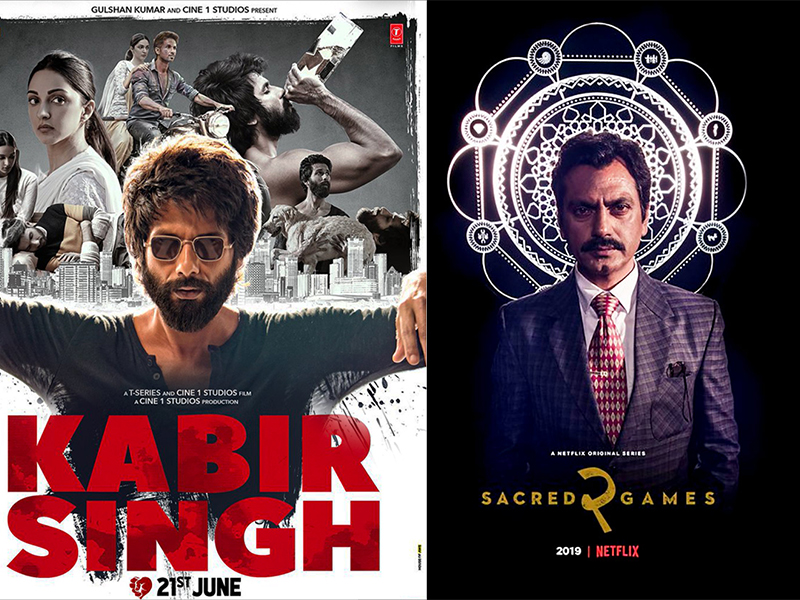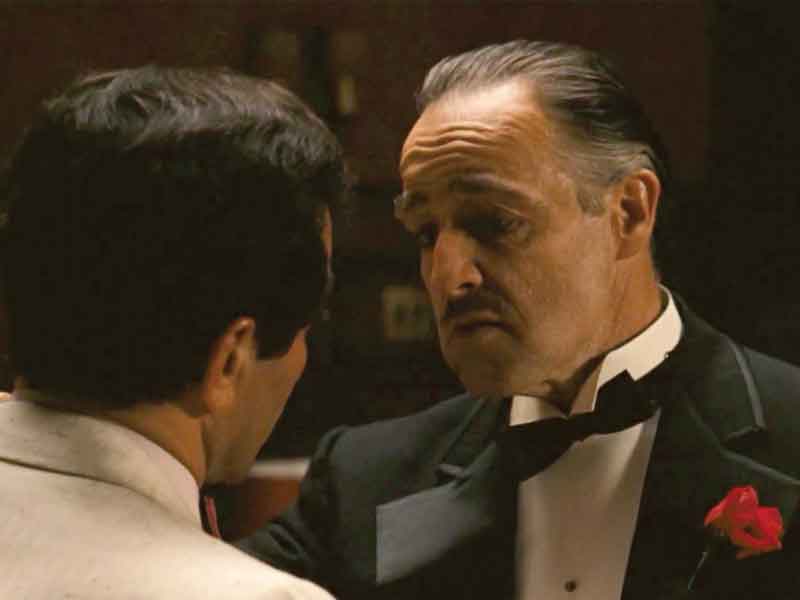Tragic Heros : Why do we root for flawed characters ?
Published On: 26 June 2019 | Bollywood | By: Ravi Mondeti
The trend which has prevailed in the western content for long, with Breaking Bad, House of cards, etc., has forged its way strong into the Indian celluloid as well with the recent success of Sacred Games, Mirzapur, Sanju, Kabir Singh, etc. what is it that attracts us towards them and makes us even root for them? despite them being Badass Assholes


We would have never tolerated these characters if they were part of our lives. but, these characters are the charm that is pulling us to these movies. They may not be aspirational, but we’re rooting for them. We kind of, maybe, understand why they’re so damn angry and violent. And this makes all of their plotting and killing seem, well, not so bad.
A new study from the University of Colorado conducted by Maja Krakowiak and Mina Tsay-Vogel, explains why. “What Makes Characters’ Bad Behavior Acceptable? The Effects of Character Motivation and Outcome on Perceptions, Character Liking, and Moral Disengagement,”, It’s a mouthful, but it boils down to this: When we sympathize with a character’s motivations for committing a heinous act, we’re likely to excuse that character’s actions.
But the motivations behind Kabir Singh or Ganesh Gaitonde arent so noble or Great? but then why do we root for them, apart from excusing them already. to understand that we need to get into detail about 'Society' and 'psychological realism'. Back in the ancient times, the unseen force that moved people was 'Fate' with a capital F. Earlier our tragic hero's were not idolized but pitied, like the Devdas, our evergreen Tragic hero.
But something has happened in the past few decades. we have moved away from the idea that gods are controlling us. instead of our tragic hero's railing against fate, they are mostly railing against society and that's the situation we see with a lot of our favourite asshole characters in today. The shift from fate as public enemy number one to society goes a long way in explaining why we are so okay with our asshole characters today. while it's easy to swallow the pill that you can't fight fate because it is by its very nature outside of your control, society isn't. Society can be changed. And if this terrible character is chafing against a system you hate, they become a symbol of the change you desire. there's no incentive to worship someone who tried to buck fate and failed because there is no beating fate. but to worship someone who fought an unjust system, even though their flaws undid them? that makes a little more sense.
Also Read: 'Kabir Singh' vs Feminazis : Did Happy Ending made the movie morally incorrect?
Besides embedding a social critique in these characters, psychological realism can help us understand our attraction to them, the greater effect of replacing fate with society is that it helps close what writer John Gardner calls the psychic distance- especially the space between the reader's thoughts and that of the characters. in modern times, films are focusing on naturalism, a 1:1 replication of reality in order to optimize relatability. Our characters on the screen speak and act like us and the problems they face are often relatable for which they have an unusual solution, which we shall never dare to do, that rebelliousness attracts us to them. And to an extent, that means we end up rooting for the asshole and sometimes missing the larger message. who cares that Kabir Singh is a dangerously dysfunctional alcoholic and drug-addict when audiences can relate to how soul-crushing it is to have all success in life and still be miserable in love.
Obviously, this doesn’t always work in the real world. That’s because of moral disengagement: it is a term from social psychology for the process of convincing the self that ethical standards do not apply to oneself in a particular context in the realm of entertainment. It’s the psychological reason due to we can keep watching all this stuff without feeling utterly disgusted.
Meet the author
Cinephile and an aspiring Storyteller. Sharing my views and experiences (before and after watching a Movie) in this Space. Believes in Alfred Hitchcoc's principle of three things that can make a Great Movie - The Script ,The Script and The Script.







